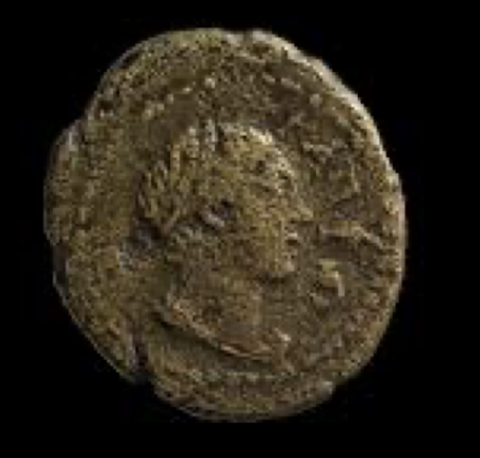Deepthroned darkcarved wood deathless Aphrodite,
wileweaving child of Zeus, I beg, I pray to you
don’t hurt me, my thought, let grief never seduce,
Queen, my shardscared heart,
but come here, if at some time ever you heard
my fool’s voice pour out its wine to wet the ground,
then hear me again, and leave your father’s home,
free from its gold confines,
love’s chariot yoked: your beautiful sparrows
struggle to bear you swift above the dark earth,
dense cloud of wings wilding against the heavens
through mid-air, to bring
you down, suddenly here: you, I swear, blessed one,
smiling, a smile on your face neverdying,
asking, “What do you suffer from now, and why
summon me again,
what want, what better thing in your craving heart
do you wish to see? Who now? Who must I coax
back again to the agony you love? Who,
Sappho, does you wrong?
And if now she runs away, soon she will chase;
if she refuses gifts, soon she’ll bring her own;
if she won’t love you, soon she will be longing,
even if she doesn’t
want to.” Come to me now again, save my mind
scathing in thought, win the warloud din of my heart’s
endless desire, end it. Now greaves, not grief. You
be my battlemate.
* * * * *
] from love, hope
… that against another, when I look at you,
Hermione herself appears less than she is,
and to say you are like gold-silk haired Helen
is not said in shame
… mortal women, this you was your own,
playing as a child plays with my worryworn mind,
river banks wet with dew
awake all through the holy night
* * * * *
arriving by chance
I want the girl who actually exists
ending as a thought
for years I call out
in my heart suddenly quick
that you gain as much as you wish
to fight for me [ with me
faith in our fragile luxuries
you know so well
/ / /
 Sappho (630-570 BCE) was one of the world’s first and most admired lyric poets. Born to a wealthy family (likely merchants), she lived on the island of Lesbos, some suggesting she ran a school for the education of young women, some saying say no. Very little is known — whether she had a husband or not, a daughter or not, though the poems reveal deep affection and concern for her brother and for the friends and lovers she was tied most deeply to. Across the slip of ocean, contemporaneous with Sappho, the earliest philosophers also began their work. Of the 10,000 lines she supposedly composed, less than 1,000 remain.
Sappho (630-570 BCE) was one of the world’s first and most admired lyric poets. Born to a wealthy family (likely merchants), she lived on the island of Lesbos, some suggesting she ran a school for the education of young women, some saying say no. Very little is known — whether she had a husband or not, a daughter or not, though the poems reveal deep affection and concern for her brother and for the friends and lovers she was tied most deeply to. Across the slip of ocean, contemporaneous with Sappho, the earliest philosophers also began their work. Of the 10,000 lines she supposedly composed, less than 1,000 remain.
A note on the translation: The bracket ] signals there is language before the words on the page that we no longer have; the other bracket [ is a mark I make when I offer a 2nd (& sometimes 3rd) translation of the same line or portion of a line, an attempt to give the thicker context in which the poetry might be heard. — DB-Q